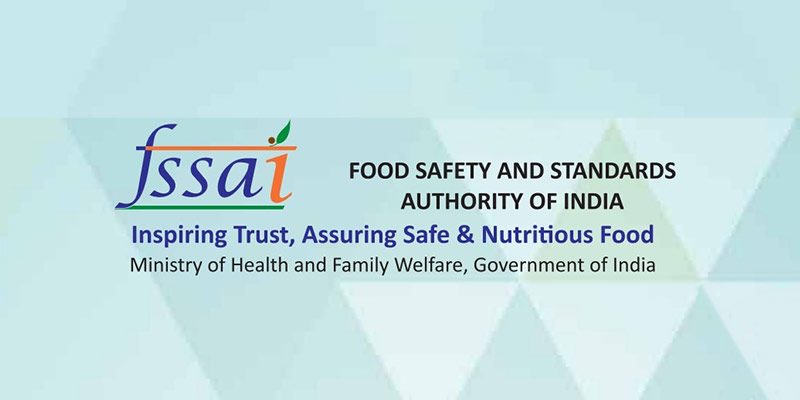- India
- Apr 23
What is the role of FSSAI?
• Food safety regulator FSSAI has started taking samples of spices in powder form of all brands, including MDH and Everest, from across the country in view of quality concerns flagged by Singapore and Hong Kong.
• The Hong Kong’s Center for Food Safety (CFS) has asked consumers not to buy these products and traders not to sell, while the Singapore Food Agency has directed a recall of such spices.
• The action by foreign regulators came after they allegedly found presence of ethylene oxide beyond permissible limits. Ethylene oxide is used to fumigate agricultural products to prevent microbial contamination.
• Meanwhile, FSSAI has reportedly initiated a probe into reports on allegedly high levels of sugar in Nestle's baby food product Cerelac.
• This comes after the Union ministry of consumer affairs asked the food regulator operating under the ministry of health and family welfare to take “appropriate action” against Nestle.
• The Central Consumer Protection Authority and the National Commission for Protection of Child Rights had also directed FSSAI to conduct a probe.
Food Safety and Standards Authority of India (FSSAI)
• The Food Safety and Standards Authority of India (FSSAI) has been established under Food Safety and Standards Act, 2006 which consolidates various Acts and orders that have hitherto handled food related issues in various ministries and departments.
• The FSSAI is a statutory body established under the ministry of health and family welfare.
• FSSAI was created for laying down scientific standards for food articles and to regulate their manufacture, storage, distribution, sale and import to ensure availability of safe and wholesome food for human consumption.
The main functions of FSSAI include:
i) Setting globally benchmarked regulations, standards and guidelines.
ii) Facilitating compliance through licensing, registration, inspection and improved laboratory network.
iii) Building capacity of regulatory staff as well as food business operators.
iv) Driving public health initiatives in the true spirit of convergence.
v) Leveraging IEC (Information, Education & Communication) and BCC (behaviour change communication) techniques to build a food safety culture.
vi) Embracing technology to streamline processes.
vii) Forging strategic partnerships to generate and exchange knowledge and best practices.
Manorama Yearbook app is now available on Google Play Store and iOS App Store

